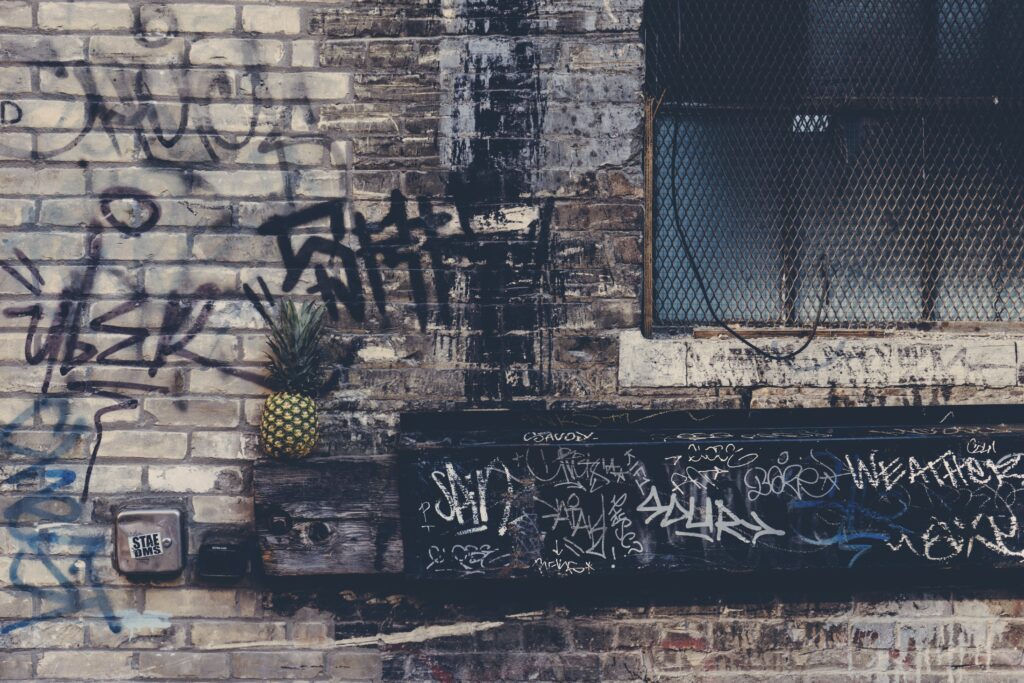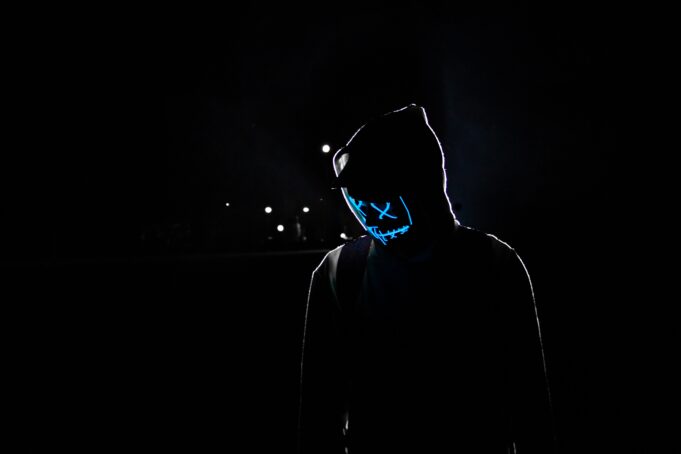“When there is no enemy within, the enemy on the outside cannot harm us.” —African Proverb
One of most iconic scenes in Black film history is the part in “Boyz N the Hood” when “Furious Styles” is on the block schoolin’ the neighborhood homies about gentrification and how their actions were playing a role in the destruction of the Black community. Although the message seemed to resonate momentarily, it didn’t stop his son’s best friend “Ricky” from getting gunned down in the street a few days later … .
It has been more than 30 years since the premier of “Boyz N the Hood” gave middle America a glimpse into street life. The movie also came out during the “conscious hip-hop” era when message music was still rockin’ on the radio and topping the charts courtesy of groups such as Public Enemy. As we enter 2024, we have to critically ask ourselves why are “Lil’ Rickys” still being murdered every night in cities across the country even with hip-hop still being a dominant cultural force? As they say, “the math just ain’t mathin”
The music to which people listen has always been a strong indicator of the cultural pulse of a society. Although Killer Mike’s album, “Michael,” was arguably the best project of 2023 and had “hip hop headz,” optimistically, hoping for a return of a politically, conscious era, Rolling Stone magazine picked Sexy Redd’s “Skee Yee” as song of the year, which features her bragging that she has “shooters in the cut with a lotta guns.” What is ironic, and simultaneously sad is that 2023 was the 50th anniversary of the birth of hip-hop.
But before we blame the evil empire, a.k.a. the music industry, let us look in the mirror and ask the rhetorical, self-critical question, “did we drop the ball?”
The conscious hip-hop era (1988-1992) presented the greatest potential to use cultural expression to awaken the masses of our people since the late 60’s. But as the saying goes, “the road to hell is paved with good intentions.” So, what happened?
One thing we did not do collectively was thoroughly connect the dots between conscious hip-hop and the political precedence that made it possible. Of course, there were hip hop artists that attempted to stand in the gap whether it came from sampling freedom fighters from Malcolm X to Kwame Ture or placing suggested readings from Black warrior scholars in the cassette covers.

But what about the loyal listeners? Somehow by the end of the era we had begun to value the music over the message, thus, a chance for cultural continuity was lost.
Secondly, we were not good stewards of hip-hop history, leaving out key elements, whether by omission or commission. One notable example was the failure to credit the teachings of the Most Honorable Elijah Muhammad with the development of hip-hop. Also, who even bothers to mention that before there was a Public Enemy or X-Clan.
There was Brother D and Collective Effort (How We Gonna Make the Black Nation Rise) and Imhotep Gary Byrd (The Crown) during a period when being conscious was not considered radically chic. Not to mention that the story of the sacrifice’s artists such as Professor Griff and Sister Souljah made for spreading the words of the master teachers have yet to be fully explored.
Lastly, we allowed the music to become disconnected from what was happening in real time to Black people, globally. During the 80s and early 90s, tragic events such as the murder of Yusef Hawkins and the Virginia Beach riots blended with the beats to form a soundtrack for a generation. But where are the anthems for Trayvon Martin, Mike Brown Jr. and Breonna Taylor with the timeless relevancy of “Fight the Power” in 2024?
Also, with the rise of juvenile gun violence in many cities across America , where are the songs calling for an end to self-destruction, or, with the fentanyl plague are there no Brand Nubians warning us to “slow down?”
To be fair, older hip-hop artists like KRS-One and Special Ed made headlines in 2023 exposing the hypocrisies and contradictions in hip-hop. In addition, hip-hop activist Dee-1 was able to ruffle some feathers by digging up some old bones that some wished to have remained buried. However, the question remains, where is the movement that is going to move the culture forward in 2024?
To paraphrase the words of the Honorable Marcus Garvey on his quest to find the Black man’s kingdom, finding none, we must create it.
Recently in Durham, North Carolina, we implemented the Black Hoodie Brigade. In the same manner the Black Panthers politicized black leather jackets, we are making the more readily available black hoodies, symbols of Black power, Black knowledge and Black Unity by adding African beads to the ensemble—a throwback to the leather African medallions of the conscious hip-hop era.
Just add a bangin’ beat to the mix and you have a recipe for revolution. The brigade is based on the theory of leaderless leadership; if you raise the consciousness of the people, the people will organize themselves.
So, in 2024, the movement to save our children will not start at the top of a radio station tower but on the ground with the people.
While it may be too late to save the generation of “boys in the ’hood,” maybe there’s still a chance to save the boys in the hoodies?
Minister Paul Scott is founder of the Durham, N.C.-based Black Messiah Movement, PO Box 15123 Durham, N.C. 27704, 919-972-8305 Twitter/X @truthminista













